Help Yourself by Helping Others: How Volunteering Looks on an Application
A Look at How Potential Employers and Universities View Volunteering on an Application
The EvCC Job Center, located in Grey Wolf Hall room 365, offers professional career resources and advice.
Volunteering is primarily thought of as a selfless act, but giving back to the community can benefit the individual volunteer too. Potential employers and four-year universities look for applicants who are willing to donate their time towards helping others.
Volunteer experience can help a student stand out in a crowd of applicants. When applying for a scholarship, transferring to a university or searching for a new career, volunteering can say a lot about an applicant.
EvCC’s Job Center offers career professional services to students looking to build interviewing skills, beef up their résumés, and navigate the professional arena. Myra Odom-Oby is the program manager for the Job Center. She suggested that any student transitioning into the workforce should gain some kind of experience, through either volunteer work or internships. “It opens the door for things that you may not have even considered,” she said.
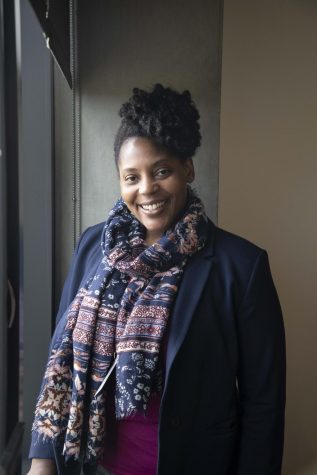
Program manager for the EvCC Job Center, Myra Odom-Oby. The Job Center is located in Grey Wolf Hall 365.
“A lot of volunteer positions and a lot of internships do what they call ‘cross training,” said Odom-Oby. She said cross training shows employers that an applicant has a range of skills, not just the ones learned in school. Cross trained employees can fill more than one role, making them a vital asset to the company.
Odom-Oby said an applicant who volunteers while being a student shows employers that they have time-management skills. She said, “that shows an employer that you are able to multitask and keep a level head without sinking.”
Associate Vice Chancellor for Academic Affairs at Washington State University, Dr. Mark Beattie, said community service says a lot about a potential applicant. “Generally, people are looking at: are they involved in other ways than just going to the classroom?” he said of the application process.
Dr. Beattie said there are a lot of things that are considered in an application; he mentioned clubs, community involvement and other co-curriculars. Volunteering can tell the university that an applicant understands “group dynamics and working as a team,” he said.
Dr. Beattie also mentioned the benefits of volunteer work outside the academic spectrum.“Those co-curricular things mean a lot, not just to college applications but also to scholarships,” he said.
Mia McCurdy, transfer advisor at University of Washington Bothell (UWB), said though volunteer experience isn’t required for applicants, the university values students who are involved in their community. According to McCurdy, UWB understands that not everyone is able to volunteer, “any responsibilities or activities outside the classroom can complement a student’s application,” she said.
EvCC student, Sam Ayars, said his role as STEM Club president counts as volunteer work. “You’re volunteering your time, especially if you’re serving as an officer,” he said, “I basically do a class’ worth of work on a club—I think that counts. It’s a lot of hours every week. It adds up.”
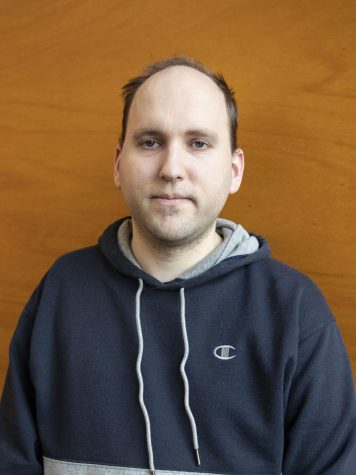
STEM Club president, Sam Ayars, poses for a photo in White Horse Hall. Ayars says that his role as president counts as volunteer work.
Ayars said his volunteering has helped his fellow club members, “I see it as empowering more people to do cool stuff,” he said. His presidential duties include running meetings, navigating funding paperwork, moderating, networking and more.
Volunteering as STEM Club president has also helped Ayars to be less isolated, “I could very easily just be somebody that shows up, goes to class, does my homework, goes home. Pretty much no one would recognize me,” he said. Instead, Ayers can walk into the engineering study space and greet nearly everyone in the room.
While donating one’s time positively impacts the community, that doesn’t mean the act of volunteering can’t also benefit volunteers themselves. Students who volunteer have time management skills and can work in groups, while also having cross-trained skills making them a more flexible employee. Volunteer work shows potential employers and academic advisors that an applicant is a well-rounded person.

What is something you think everyone should do at least once?
Everyone should travel to a foreign country at least once in their lifetime....

What interests you about journalism?
Journalism is important more than ever, living in a time where connection is so fast and things are constantly...

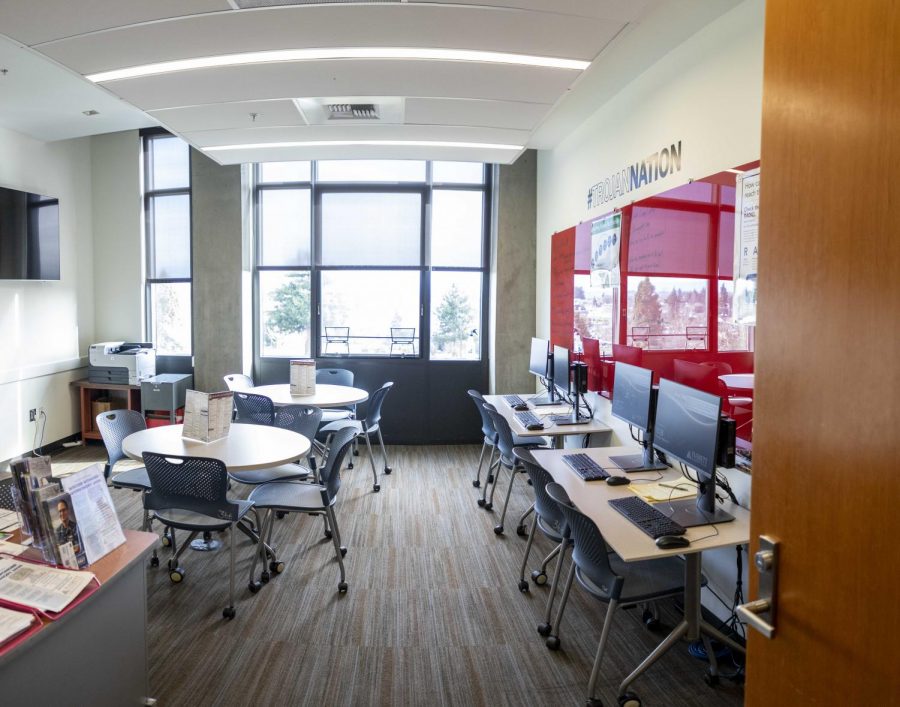
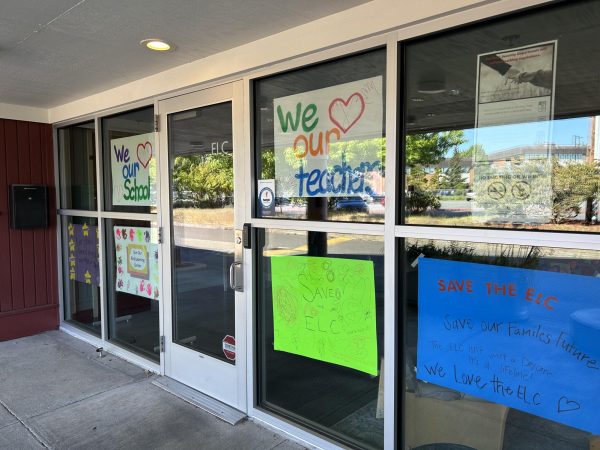


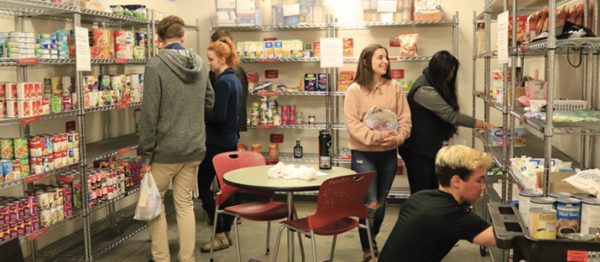

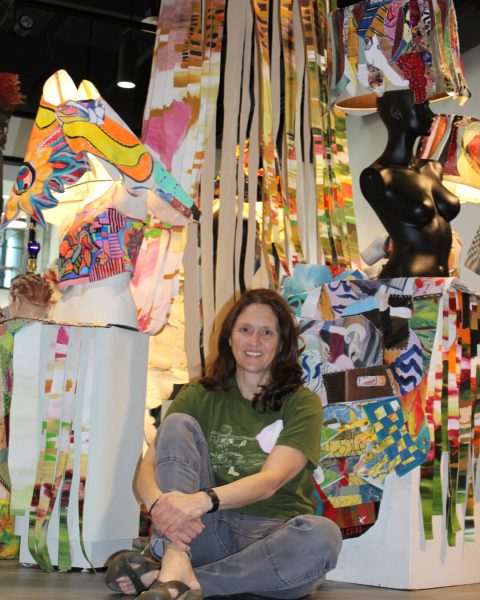



michael metcalf • Mar 3, 2020 at 1:46 am
Very good article, reads like a professional